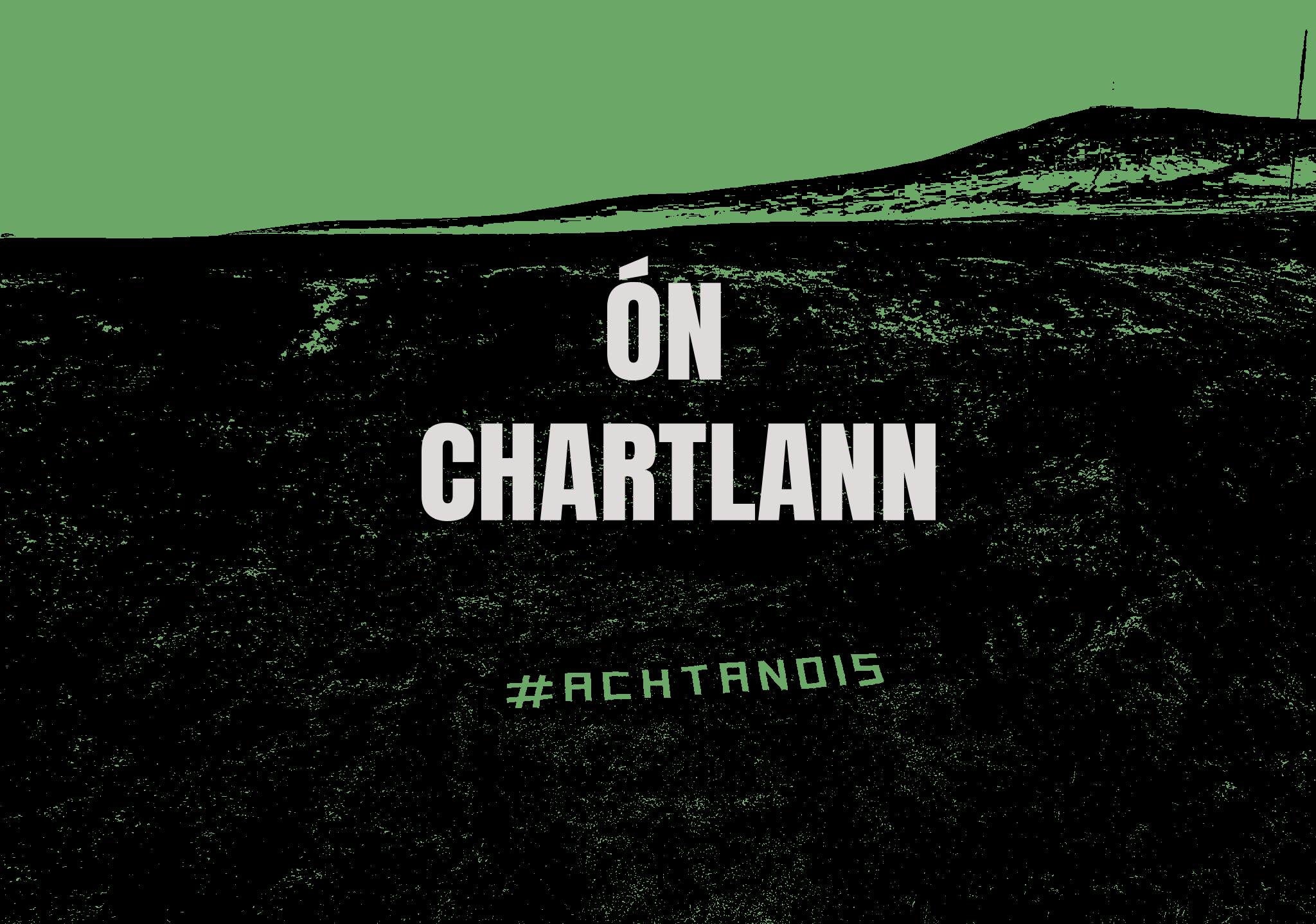An litir dhearg
Bí ar an eolas! Faigh ár nuachtlitir le bheith suas chun dáta leis na feachtais ar fad.

It was in October of last year that Brandon Lewis confirmed the UK Government will “take the necessary steps to introduce the legislation through the UK Parliament”. It is therefore greatly disappointing to learn that the British Government “will not…introduce an Irish Language Act for Northern Ireland at this stage” (emphasis added) – ostensibly on the grounds that it would not be “right or proper to introduce legislation during the election period”. However, the Northern Ireland Office Minister Conor Burns, for his part, instead blames “pressures on the [Westminster] parliamentary timetable, including legislation on the situation in Ukraine”.
One could therefore be forgiven for asking: “Which is it?” It is either wrong and improper for Westminster to introduce legislation pertaining to the North of Ireland during our local Assembly Election period as a matter of course, or there are bigger fish to fry. As regards the former, Westminster has form when it comes to legislating for the North of Ireland ‘over the head’ of Stormont to resolve contentious and otherwise gridlocked issues – not only during those periods when the Assembly is actually sitting, but also during periods of ‘Stormont collapse’. Whatever it is, then, that makes Westminster legislating for the North of Ireland ‘over the head’ of Stormont during an Assembly Election period so…verboten, is not particularly obvious.
Likewise, it may well be tempting be to subscribe to the latter explanation – in light of the pandemic, cost of living crisis, and Ukraine. However, it is worth bearing in mind that a bigger fish can always be found – if something any one of us supports is opposed with sufficient vigour, however good it may well be. “But what about the NHS?” is a common refrain in this part of the world, for instance, when we hear about money going to causes or individuals we really don’t like. To coin a phrase: Live by the bigger fish, die by the bigger fish. Perhaps it is better to let the bigger fish be the one that got away…
Revealingly, however, Lewis also indicated the delay has some grounds in “names of the commissioners [which] have not yet been “fully resolved””. Disagreement appears to centre on whether there should be an “Ulster-British commissioner” or an “Ulster-Scots commissioner”. The DUP insist upon the former, but the motivation is uncertain. As Dr Niall Comer, outgoing Uachtarán (President) of Conradh na Gaeilge, stated during our interview in December of last year: “What is on the table is what is written in the NDNA. The heavy lifting has been done” – including agreement as to the commissioners’ names, when NDNA (New Decade, New Approach) was originally agreed in January 2020.
Whatever story you believe, it remains unclear what Brandon Lewis or the British Government have been doing to make an Irish Language Act ‘happen’ over the past 5-6 months – bearing in mind that their deadline for action, the end of October last year, was self-imposed. Paula Melvin, Conradh na Gaeilge’s newly elected Uachtarán (President), hazards a critical guess: “At every juncture they have decided not to prioritise this legislation, or to kick it further down the line to suit their own political agenda” (emphasis added).
I previously wrote that “Westminster ‘taking the reins’ arguably gets results – if not better, then at least faster” – as was the case with same-sex marriage in the North of Ireland, for instance. Yet the Irish Language Act remains a stubborn exception, and the delay is stark. Even aside from the self-imposed deadline of October last year, when Lewis set the ball rolling for himself and the British Government, Melvin argues that “[if] you start counting at the St Andrews Agreement, they have had the best part of 16 years to do this” (emphasis added).
Either way, the decision to delay an Irish Language Act yet again has unfortunately helped to set the tone as we draw nearer to May 5th. Conradh na Gaeilge has branded the move “deceitful” and “an incredible insult”, for instance, while Deputy First Minister Michelle O’Neill claims “it represents a serious breach of yet another agreement by this Tory Government”. If we are to indeed believe that it would not be ‘right or proper’ to introduce legislation, such as an Irish Language Act, during the election period, there is now very little faith that Lewis and Westminster will do so afterwards. Few voters could be classed as ‘single issue voters’, however on May 5th there will no doubt be voters who cast their votes with this – and other things – in mind.
Bí ar an eolas! Faigh ár nuachtlitir le bheith suas chun dáta leis na feachtais ar fad.